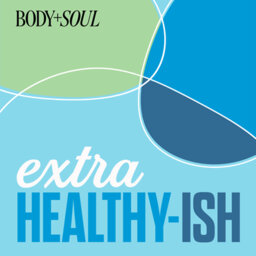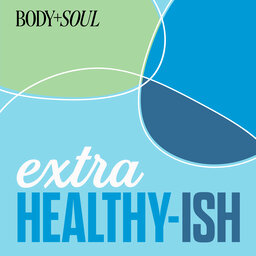Eat your way to healthy hormones
Nutritionist and TV presenter Zoe Bingley-Pullin discusses all things hormones from what they do in the body, to regulation and the best foods to eat. She shares her journey of discovering she was in perimenopause before 40.
WANT MORE FROM ZOE?
For more on Zoe’s book Eat Your Way to Healthy Hormones (Affirm Press, $39.99) see here. Catch Zoe @zoebingleypullen or via her site here. For more on her Gwinganna retreat see here and for her last Healthy-ish ep see here.
WANT MORE BODY + SOUL?
Online: Head to bodyandsoul.com.au for your daily digital dose of health and wellness.
On social: Via Instagram at @bodyandsoul_au or Facebook. Or, TikTok here. Got an idea for an episode? DM host Felicity Harley on Instagram @felicityharley.
In print: Each Sunday, grab Body+Soul inside The Sunday Telegraph (NSW), the Sunday Herald Sun (Victoria), The Sunday Mail (Queensland), Sunday Mail (SA) and Sunday Tasmanian (Tasmania).
 Extra Healthy-ish
Extra Healthy-ish


